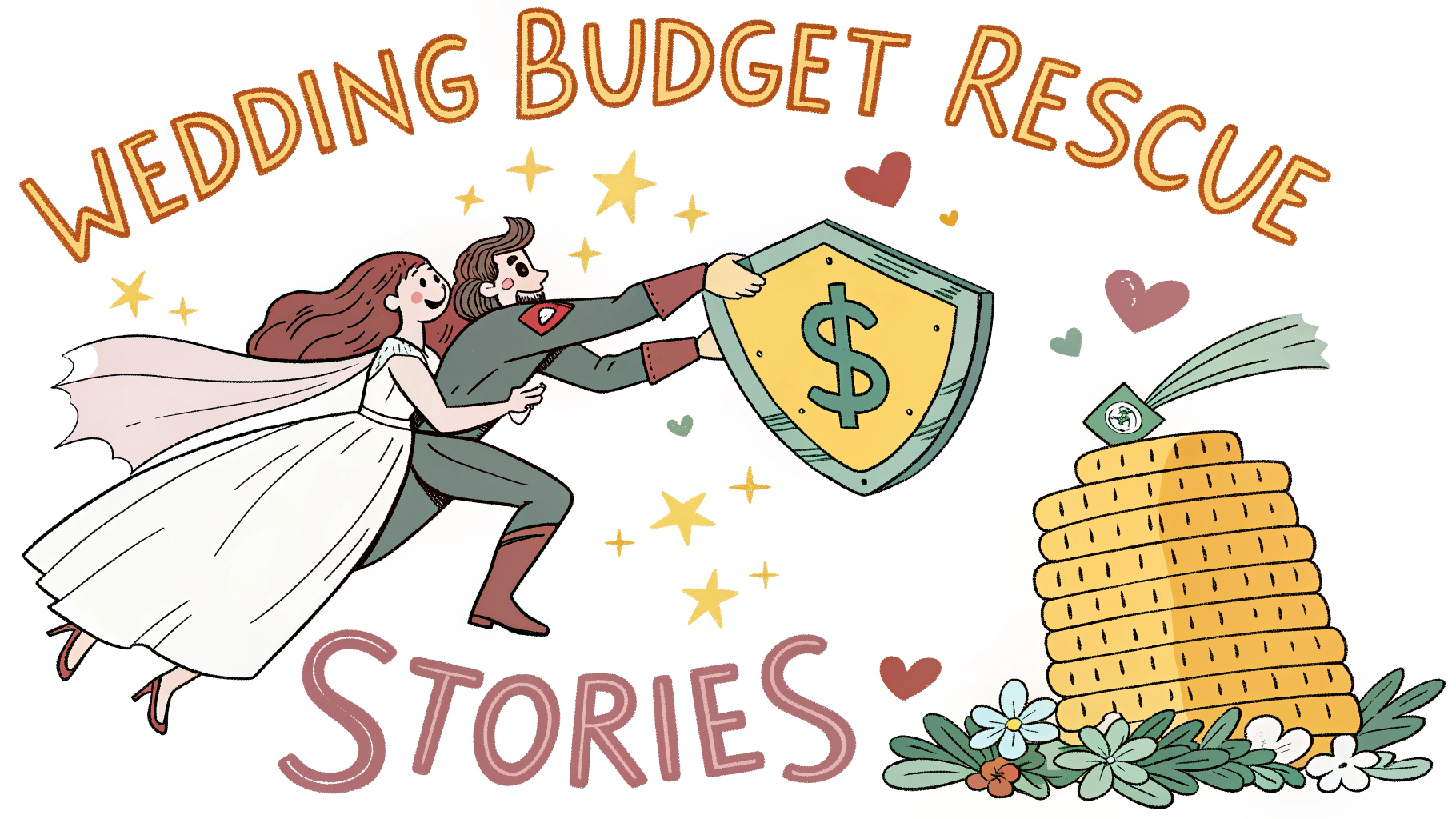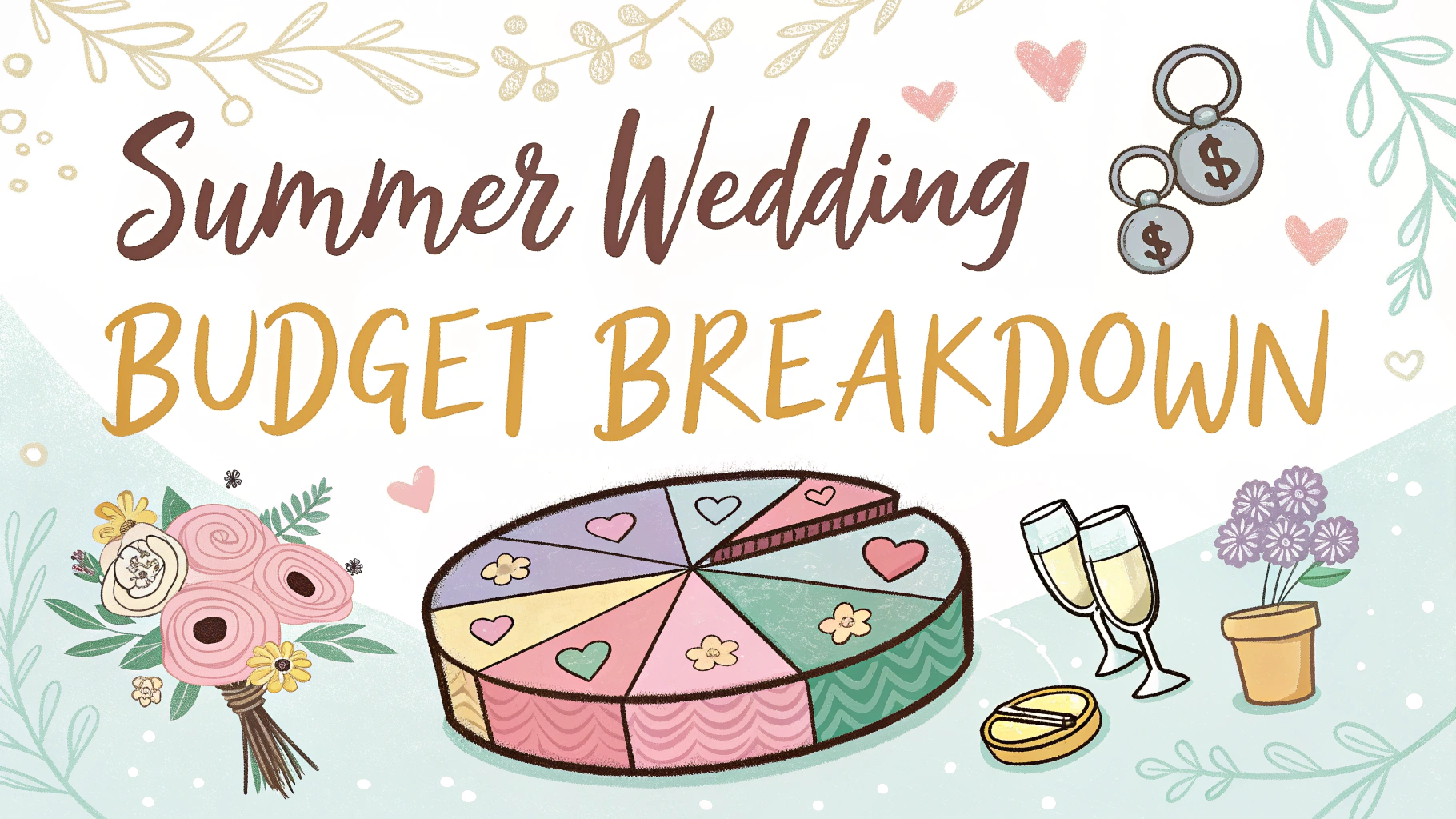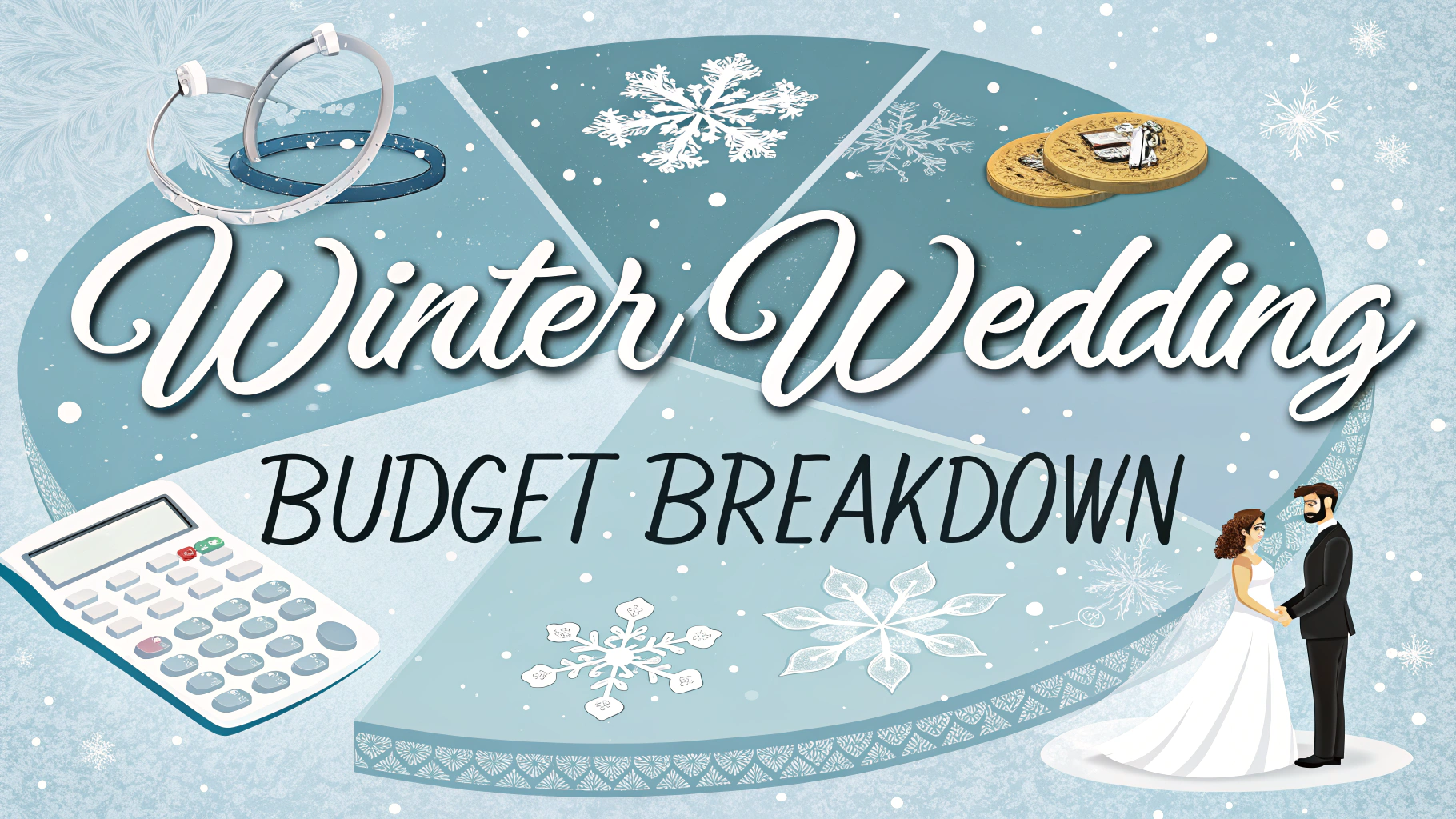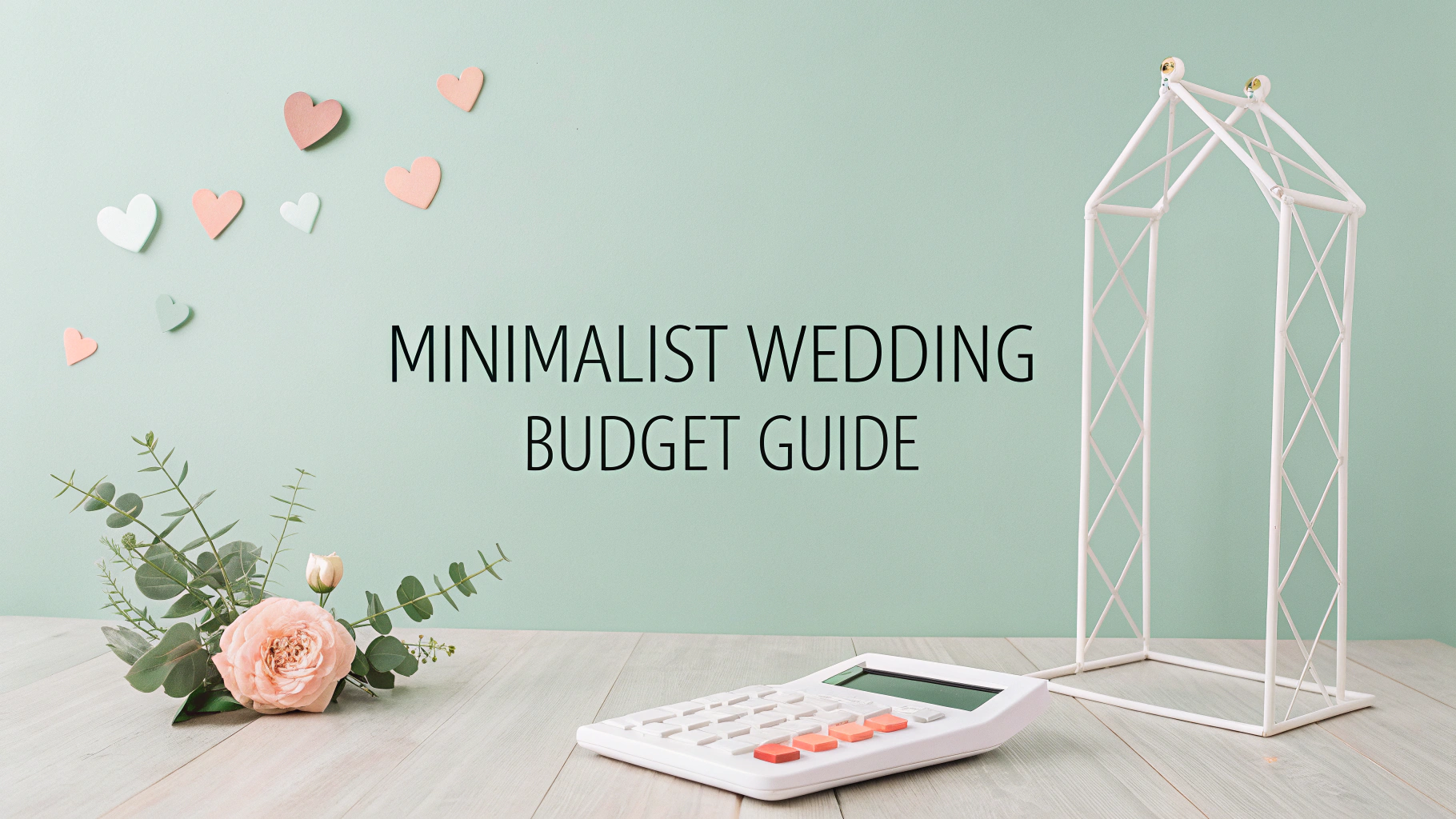Wedding vendor negotiations can feel overwhelming, but having the right strategy makes all the difference in securing fair prices while maintaining good relationships.
Before Starting Negotiations
Research average costs in your area for each vendor category to establish realistic budget expectations.
Create a detailed spreadsheet listing your maximum budget for each vendor type.
- Photography/Videography
- Catering
- Venue
- Flowers
- Music/Entertainment
- Cake
- Rentals
Effective Negotiation Strategies
Always get multiple quotes (aim for 3-5) from different vendors in each category.
Schedule vendor meetings during off-peak seasons when they’re more likely to offer better rates.
Ask about package customization options rather than requesting direct price cuts.
Smart Questions to Ask Vendors
- “Do you offer any off-season or weekday discounts?”
- “What’s included in your standard package?”
- “Are there any current promotions?”
- “Can we adjust the package components to meet our budget?”
Payment Terms and Contracts
Request a detailed written contract that outlines all services, costs, and payment schedules.
Look for early-payment discounts or cash payment options that might reduce the total cost.
| Payment Type | Typical Discount |
|---|---|
| Cash Payment | 5-10% |
| Early Payment | 3-8% |
| Full Payment Upfront | 5-15% |
Red Flags to Watch For
- Vendors who won’t provide references
- Unclear or verbal-only contracts
- Pressure to decide immediately
- Hidden fees or vague pricing structures
Building Vendor Relationships
Maintain professional and respectful communication throughout the negotiation process.
Consider booking multiple services from the same vendor or company for potential package discounts.
Money-Saving Tips
- Book during off-peak months (typically November-April)
- Consider Friday or Sunday wedding dates
- Ask about remnant dates (last-minute openings)
- Bundle services when possible
After the Agreement
Get everything in writing, including any verbal promises or adjustments made during negotiations.
Keep copies of all contracts, receipts, and communication with vendors in a dedicated folder.
Set up a payment calendar to ensure you meet all deadlines and maintain good vendor relationships.
Remember that the lowest price isn’t always the best value – consider the vendor’s reputation, experience, and reliability alongside cost.
Insurance and Guarantees
Verify all vendors have proper business insurance and ask about their backup plans for emergencies.
Request written guarantees for specific services and clarify cancellation/refund policies.
- Liability coverage details
- Equipment backup plans
- Staff replacement procedures
- Weather contingency arrangements
Timing Your Negotiations
Start vendor discussions 9-12 months before the wedding date for best availability and rates.
Schedule follow-up meetings 6 months before the event to confirm details and make final adjustments.
Negotiation Timeline
- 12 months: Venue and major vendors
- 9 months: Secondary vendors
- 6 months: Final details and adjustments
- 3 months: Confirm all arrangements
Final Contract Review
Have a trusted friend or family member review all contracts before signing.
Create a checklist of essential items that must be included in each vendor agreement.
Contract Must-Haves
- Detailed service descriptions
- Exact dates and times
- Complete cost breakdown
- Payment schedule
- Cancellation terms
Conclusion
Successful vendor negotiations require thorough research, clear communication, and careful attention to detail. Focus on building positive relationships while protecting your interests through proper documentation and clear agreements.
Remember to:
- Keep all communication professional and documented
- Review contracts thoroughly before signing
- Maintain organized records of all agreements
- Stay within your established budget parameters
FAQs
1. What’s the best time to start negotiating with wedding vendors?
Start negotiations at least 9-12 months before your wedding date, as popular vendors book up quickly. During off-peak seasons and weekdays, you may have more negotiating power.
2. Which wedding vendor fees are typically negotiable?
Photography packages, videography hours, floral arrangements, DJ services, and venue rental fees often have room for negotiation. Food and beverage minimums are usually less flexible.
3. How can I effectively negotiate without appearing rude or cheap?
Be professional, transparent about your budget, and focus on value rather than just price. Ask about package customization options and be prepared to compromise on certain elements.
4. Should I get all vendor quotes in writing?
Yes, always request detailed written quotes that outline all services, fees, and inclusions. This prevents misunderstandings and provides documentation for future reference during negotiations.
5. What’s the best way to compare vendor prices?
Create a spreadsheet listing each vendor’s offerings, prices, and included services. Ensure you’re comparing similar packages and ask for itemized breakdowns to identify areas for negotiation.
6. Is it appropriate to mention other vendors’ quotes during negotiations?
Yes, but do so respectfully. Mention you’re comparing similar services and ask if they can match or provide additional value at their price point rather than directly asking for a price match.
7. What are effective bargaining chips when negotiating with vendors?
Flexible dates, off-peak seasons, shorter service hours, reduced guest counts, or booking multiple services (like photo and video) can help secure better rates.
8. When should I walk away from vendor negotiations?
Walk away if the vendor shows reluctance to provide clear pricing, refuses to put agreements in writing, or if their lowest offer still significantly exceeds your budget.
9. What payment schedules are typically negotiable with vendors?
Most vendors are open to discussing deposit amounts and payment installments. Standard arrangements usually include a deposit (25-50%), with the remainder paid in installments or by the wedding date.
10. How do I handle vendor contracts after negotiating?
Review all contract details carefully, ensure all negotiated terms are included in writing, and keep copies of all correspondence. Don’t sign until all terms are clearly stated and you’re comfortable with the agreement.








